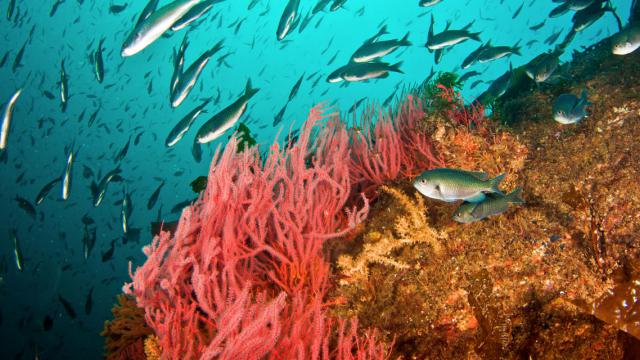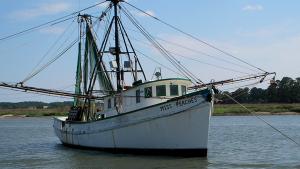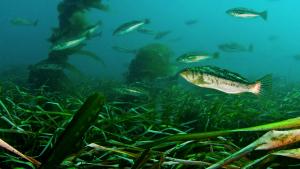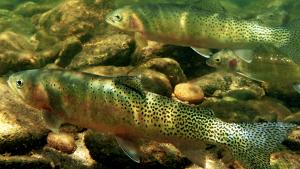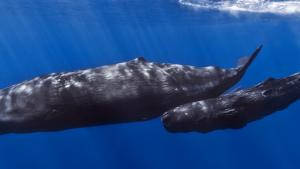Previous Marine Content
Initial content in the U.S. Climate Resilience Toolkit was developed by interagency teams of subject mater experts. To keep the science current, we now point to the most recent National Climate Assessment content for each topic. We've preserved our initial content below.
Title
Key Points
Text
- Climate-related changes in the ocean's physical and chemical properties are disrupting marine ecosystems. Unless carbon-based emissions are significantly reduced, changes already underway will result in transformative impacts on ocean ecosystems.
- As oceans warm, the abundance and distribution of marine organisms and fish species are shifting. Such changes influence fisheries harvests, regional economies, aquaculture productivity, cultural heritage, recreational opportunities, and shoreline protection.
- Along with human activities that have degraded coastal and marine habitat over time, ocean warming and acidification are causing the loss of two vulnerable habitats: coral reef and sea ice ecosystems.
- Aquaculture already supplies half of all seafood produced for human consumption. Economically important species such as oysters, mussels, and sea urchins are highly vulnerable to the declining trend in pH of ocean waters.
- Ocean heat waves—periods of very warm conditions that persist for several months or more—affect marine ecosystems and disrupt fisheries. Studies suggest that future marine heat waves will become more common, cover larger areas, and last longer.
- Human use of living marine resources moves billions of dollars through the U.S. economy each year. Sustaining the fish and marine species that people depend upon for food and income requires proactive management that takes the multiple factors affecting these ecosystems into account.
Adapted from the Third and Fourth National Climate Assessments
